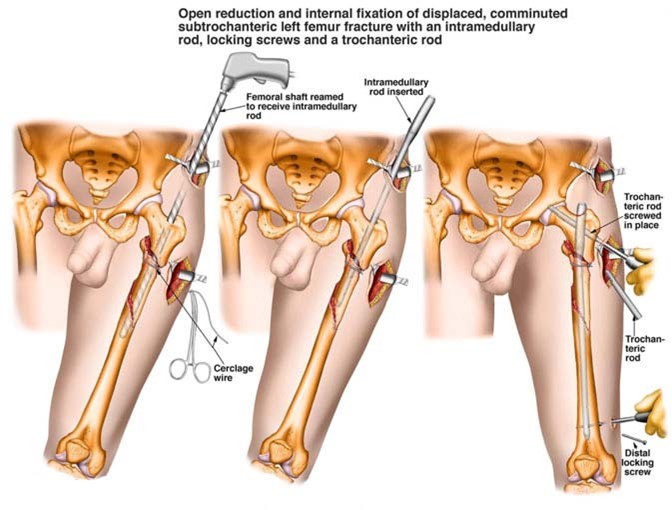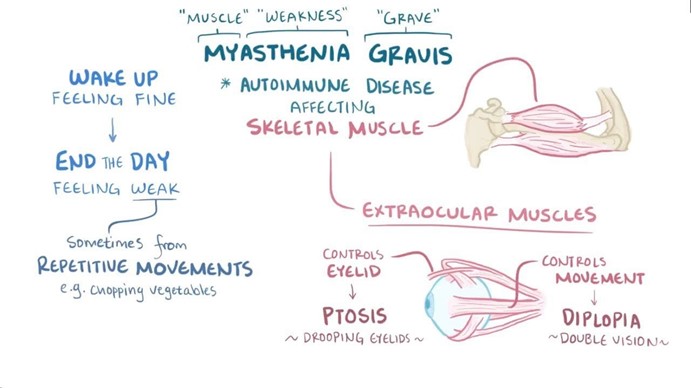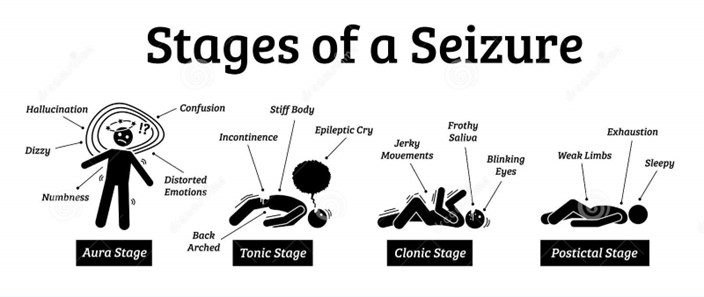A nurse is completing a neurovascular check for a client who had an open reduction internal fixation surgery. Which of the following findings should the nurse identify as possible manifestations of compartment syndrome? (Select all that apply)
Absence of pulse
Altered sensation of the toes
Cool skin
Pain relieved by narcotics
Capillary refill 1 second
Correct Answer : A,B,C
The nurse should identify the absence of pulse, altered sensation of the toes, and cool skin as possible manifestations of compartment syndrome. Compartment syndrome is a serious condition that can occur following surgery or injury. It is characterized by increased pressure within a muscle compartment that can lead to decreased blood flow and nerve damage.
Pain relieved by narcotics and capillary refill of 1 second are not manifestations of compartment syndrome. Pain relieved by narcotics is a normal response to pain medication. A capillary refill of 1 second is within the normal range and does not indicate compartment syndrome.

Nursing Test Bank
Naxlex Comprehensive Predictor Exams
Related Questions
Correct Answer is B
Explanation
The nurse should identify that developing a respiratory infection can cause a myasthenic crisis in a client who has myasthenia gravis. A myasthenic crisis is a sudden worsening of myasthenia gravis symptoms, which can include difficulty breathing and swallowing. Respiratory infections can exacerbate these symptoms and trigger a myasthenic crisis.
Taking too much-prescribed medication, insufficient exercise, and insufficient sleep are not factors that can cause a myasthenic crisis. Taking too much-prescribed medication can cause side effects but would not directly cause a myasthenic crisis. Insufficient exercise and insufficient sleep can worsen overall health but would not directly cause a myasthenic crisis.

Correct Answer is B
Explanation
The nurse should use the term "postictal phase" when documenting the client's difficulty arousing and sleepiness for several hours following a generalized tonic-clonic seizure. The postictal phase is the period of time immediately following a seizure during which the client may be difficult to arouse and very sleepy.
The presence of absence seizures, the presence of automatisms, and the aura phase are not appropriate descriptions for the nurse to use when documenting this finding in the medical record. Absence seizures are a type of seizure characterized by brief episodes of staring and unresponsiveness. Automatisms are repetitive, unconscious movements that can occur during a seizure. The aura phase is a warning sign that can occur before a seizure.

Whether you are a student looking to ace your exams or a practicing nurse seeking to enhance your expertise , our nursing education contents will empower you with the confidence and competence to make a difference in the lives of patients and become a respected leader in the healthcare field.
Visit Naxlex, invest in your future and unlock endless possibilities with our unparalleled nursing education contents today
Report Wrong Answer on the Current Question
Do you disagree with the answer? If yes, what is your expected answer? Explain.
Kindly be descriptive with the issue you are facing.
